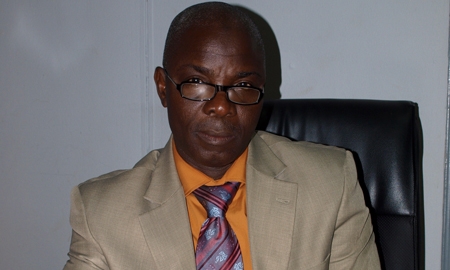
Powering Nigeria is a daunting task. A country almost three times the size of the UK and Ireland combined, with environments ranging from dry desert to lush rainforest, distributing electricity throughout Nigeria is an authentic challenge.
At the same time, an expanding economy with rising income and ambitious infrastructure projects is creating unprecedented demand for electrical power. Distribution companies say they are up to the task of both rehabilitating and expanding the system.
“The federal government has emphasised heightened access to electricity by improving access to a higher level,” explains Abdul Ganiyu Umar, CEO of Abuja Electricity Distribution Company plc (Abuja Disco).
“Our strategy at Abuja Electricity will be to try and upgrade and expand our existing infrastructure and therefore cover areas not currently receiving electricity,” he adds.
Founded in 1997 following the transfer of the capital from Lagos to Abuja in 1991, Abuja Disco is one of 11 regional electricity supply distribution companies comprising Nigeria’s national grid. It provides power in the Federal Capital Territory and the neighbouring states of Niger, Nassarawa and Kogi, accounting for 12 per cent of national demand.
As with other distribution companies, it owns electrical installations and the distribution network, manages meters, servicing, billing and consumer credit services, and is also in charge of collecting revenue.
“We are trying our best to be as efficient as possible and we are the first to admit that we have not reached the optimum potential for growth in quality and improving access, reliability and revenue,” the CEO says.
“One of our challenges is that we need more investment in this sector because it is one that interfaces directly with the public.”
Improving metering and reducing losses are high on his wish list, as well as introducing modern high-tech systems for customer relations so users can do business with the company in a more efficient manner.
Abuja Disco is in the process of privatisation as part of a larger federal government plan and the new owners will be focusing on these areas.
British help could be the key to boosting Abuja Disco’s fortunes. The UK’s Department for International Development is actively supporting Nigeria’s infrastructure development and British experts assist with technological support.
“Our goal is to take Nigeria to be in the top 20 in the world in electricity generation and transmission and we will need to train a lot of young people,” he says. “And I know the British government is in a position to help us in this regard.”
0 COMMENTS